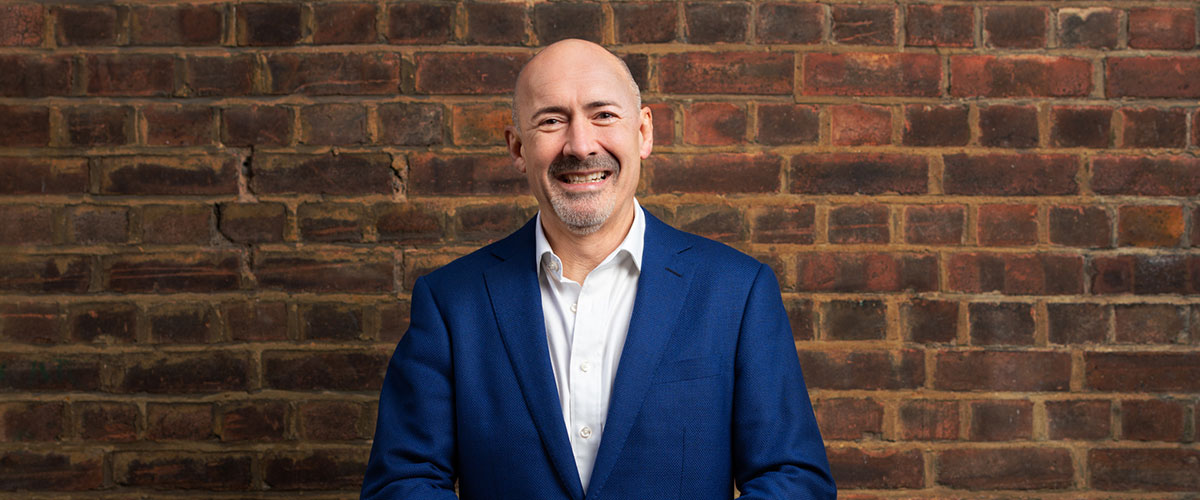By Peter Todd
Over the past few months, I have attended countless meetings by video, logging into webinars, conferences, workshops, and discussion groups. Reflecting on my own experience, I have come away from most of them feeling rather flat and unfulfilled regarding what I was able to achieve, learn, and obtain from the virtual experience. I felt a limited sense of engagement and connection and that I had taken less away from a virtual meeting than a real one, particularly if it was a conference, discussion, or meeting with participants I did not previously know and had not physically met before.
That has led me to reflect on why I have been left feeling this way. After speaking with friends and people from other industries, I discovered that many of them felt virtual meetings worked well and allowed them to build connections with people they had never physically met. However, for me, and most of my connections in the real estate business, that was not the case.
I believe that the key word in the real estate industry is “real”. My reflections, as well as those of my colleagues and friends in the industry, have led me to one common factor: So many of us relate to the tangible nature of what we work on and deal with – real places, people, physical results, and outcomes.
Attending real meetings and observing reactions and body language, being able to read the physical signs of a presentation for a new mandate or a negotiation on commercial terms, obtaining and gauging direct feedback from a management meeting: Such things simply are not possible in a virtual meeting setting, especially with people you have not previously met. Given that reality, as well as my experience attending both virtual and real meetings, has led me to conclude that, without the physical aspect of real estate, you cannot obtain the same engagement, fulfilment, or experience: It is simply not as effective.
Working virtually with people I already know and on projects I have previously visited has been productive and essential during the Covid-19 pandemic. However, in the cases in which either the people or the properties were physically foreign to me, things just have not been the same.
Social distancing, rolling lockdowns, and restrictions on travel and large meetings are going to be a fact of life for at least the short term and perhaps some time to come. It will be part of a new dynamic in which some of the people in the real estate industry, including me, will need to learn new ways of engaging and interacting without the “real” experience. It will be a challenge, which may take some of us a while to master. Personally, I hope that there is a return to real meetings; I miss the feeling of being connected to projects, both existing and new, as well as the people I have worked with.
The virtual world definitely has a place in our industry and will change how, where, and when we work, creating an opportunity for more flexibility than ever before. However, it will not replace the “real” in real estate, and I am looking forward to seeing that return.














